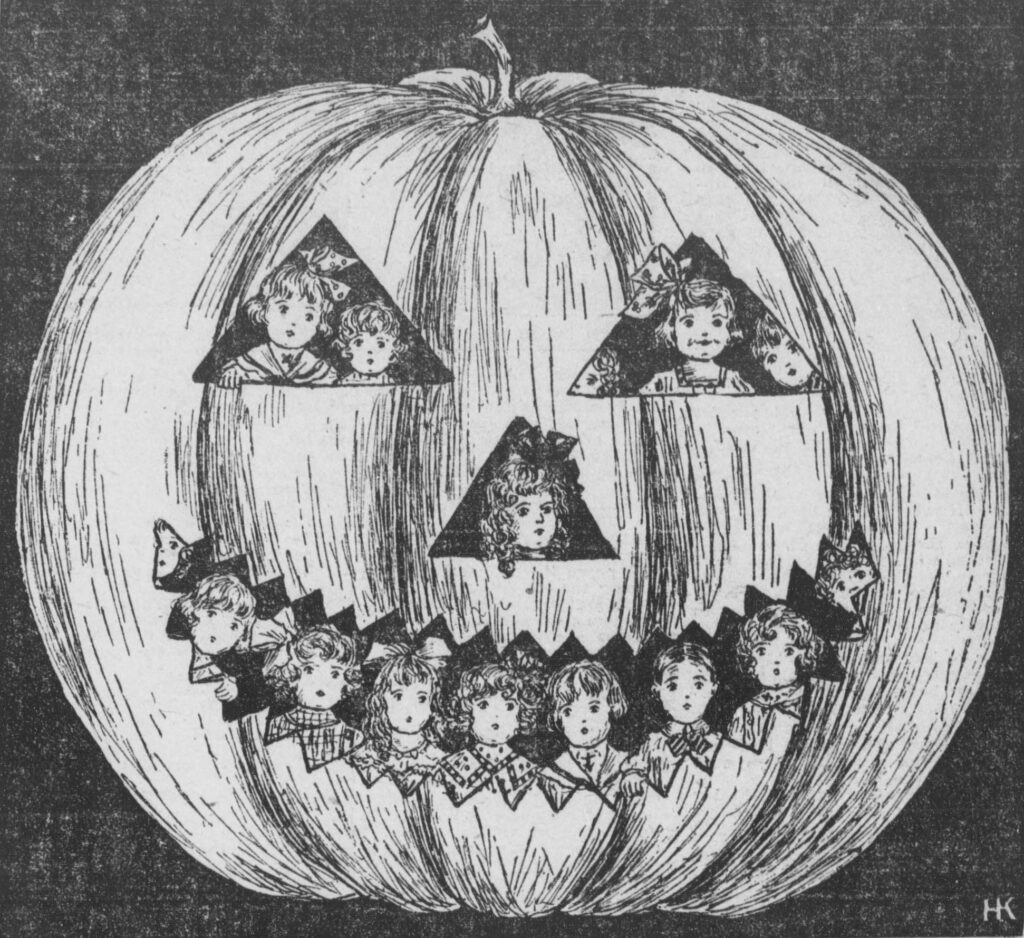Uncovering the Origins of Halloween: Exploring the Real Reasons We Celebrate
Each year on October 31st, millions of people around the world dress up in costumes, go trick-or-treating, and attend parties to celebrate Halloween. From its ancient origins to its modern-day traditions, this spooky holiday has stood the test of time. But have you ever wondered why we celebrate Halloween and where it all began? Let’s take a deep dive into the fascinating history of Halloween and its real reasons for celebration.
The Celtic Roots of a Spooky Holiday
Halloween’s origins can be traced back over 2,000 years ago to the Celts, a group of people who lived in what is now Ireland, the United Kingdom, and northern France. They celebrated Samhain (pronounced “sow-in”), a festival that marked the end of the harvest season and the beginning of the darker half of the year. The Celts believed that the border between the worlds of the living and the dead became blurred on the night of Samhain, allowing spirits and fairies to roam the earth.
With spirits crossing into the human world, people would dress up in costumes and masks to scare the supernatural beings away or to blend in with them. They would also light bonfires to ward off evil spirits and offer food and drinks as a means of placating these mysterious beings.
The Roman Influence on Halloween
In the first century AD, the Romans conquered Celtic territories, eventually adopting and modifying some of their traditions. Two Roman festivals, Feralia and Pomona, became intertwined with Samhain. Feralia commemorated the passing of the dead, while Pomona celebrated the Roman goddess of fruit and trees, which led to the incorporation of apples and nuts in Halloween festivities.
Christianity’s Impact and the Emergence of All Saints’ Day
As Christianity spread through the Celtic lands, missionaries sought to convert the pagan population by incorporating their rituals into Christian traditions. In the 7th century, Pope Boniface IV designated November 1st as All Saints’ Day, a day to honor all saints and martyrs. The day also became known as All Hallows’ Day. The night before—October 31st—became known as All Hallows’ Eve, which eventually evolved into the term Halloween.
Halloween in the New World
When Irish and Scottish immigrants arrived in America during the 19th century, they brought their Halloween traditions along with them. However, the celebration was not as popular in the early years due to strict Protestant beliefs in some regions. As more immigrants arrived, Halloween grew in popularity, leading to the formation of modern Halloween traditions. Today, Halloween is a multi-billion dollar industry in the United States, marked with fun and fantasy for all ages.
The Real Reasons We Celebrate Halloween
Uncovering the roots of Halloween helps us understand that our modern-day festivities draw from a mix of ancient Celtic, Roman, and Christian traditions. Celebrating Halloween offers a connection to the past and an opportunity to honor the mystery of the supernatural world. The holiday presents a chance to express our creativity through costumes and let our imaginations run wild. Halloween fosters a sense of community as we share stories, give treats, and come together for parties and events.
Knowing the origins of Halloween sheds light on the real reasons we celebrate it today: as a rich tapestry of ancient and modern beliefs, a night to indulge in fear and fantasy, and a time for communities to come together. So as you dress up in your ghostly garbs, remember the centuries of history behind this enchanting holiday, and let the spirit of Halloween take you on a journey into the world of mystery and enchantment.







